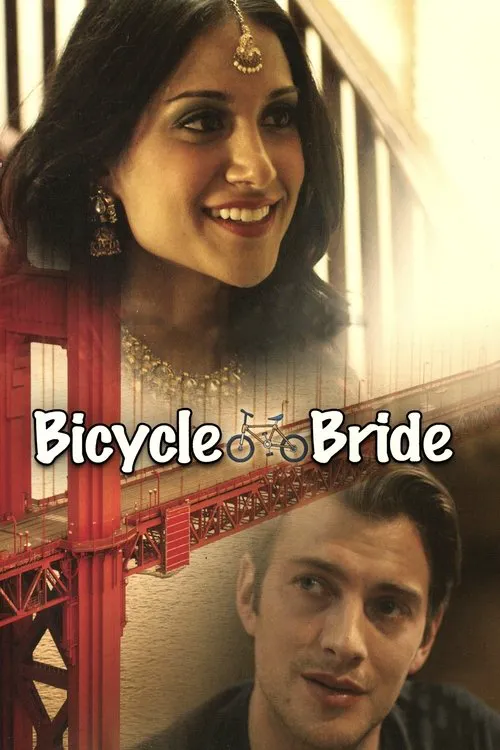Bicycle Bride

Plot
In the midst of chaotic family dynamics, the 2003 film "Bicycle Bride" weaves a poignant and timely tale of self-discovery, family pressures, and the relentless pursuit of one's dreams. The story revolves around Beena (played by Monica Dogra), a young, free-spirited woman who longs to break free from the shackles of tradition and forge her own path in life. As the narrative unfolds, it becomes evident that Beena's greatest adversary is her own mother, Billo (played by Padmini Kolhapure). Billo's zeal for orchestrating her daughter's life is matched only by her dramatic flair and relentless meddling. Billo's overbearing nature often finds itself at loggerheads with Beena's desire for independence, making her a force to be reckoned with in their complicated family dynamic. Despite the suffocating pressures from her mother, Beena finds solace in her relationship with her boyfriend, Arjun (played by Ashish Chauhan). Their love for each other appears genuine and unadulterated, but Billo will not let go of her dream of marrying Beena off to a man of her choice. The disparity between Beena's aspirations and her mother's expectations sets the stage for a heart-wrenching conflict. As Beena tries to navigate the treacherous waters of family relationships and love, she is met with resistance at every turn. Her mother's fixation on securing a suitable husband for Beena borders on obsession, leaving the protagonist feeling trapped and suffocated. In the midst of this turmoil, Beena's inner conflict manifests itself as a desire to break free from the societal expectations placed upon her. Through Beena's story, the film sheds light on the struggles that countless women face in patriarchal societies where freedom and personal choices are often seen as threats to tradition and family honor. Billo's motivations, though misguided and sometimes hurtful, are rooted in a desire to provide her daughter with a secure future, one that is steeped in cultural and societal expectations. This dichotomy between the desire for individual freedom and the need for family security forms the crux of the narrative. One of the most striking aspects of "Bicycle Bride" is its nuanced portrayal of complex family relationships. The dynamic between Beena and Billo is multifaceted, with moments of tenderness and warmth juxtaposed against scenes of intense conflict. This nuanced characterization humanizes both mother and daughter, inviting the audience to empathize with their perspectives and understanding of the world around them. The titular bicycle that Beena wields becomes a powerful symbol of her desire for independence and self-discovery. The bicycle represents more than just a mode of transportation; it is a beacon of freedom, a tool that enables Beena to move beyond the confines of her family's expectations. As she rides her bicycle through the city, Beena feels a sense of liberation that eludes her in the suffocating environment of her family home. As the story reaches its climax, Beena is faced with a choice: conform to her mother's expectations or risk her relationship with Arjun to pursue her own dreams. In a moment of bravery and self-discovery, Beena decides to follow her heart and assert her independence. This decision is a testament to the resilience and determination that defines her character throughout the film. "Bicycle Bride" is a poignant and thought-provoking film that sheds light on the intricacies of family relationships and the struggles of women navigating patriarchal societies. The movie's nuanced portrayal of complex characters and the themes of freedom, love, and family expectations make for a compelling and emotionally resonant viewing experience.
Reviews
Recommendations



